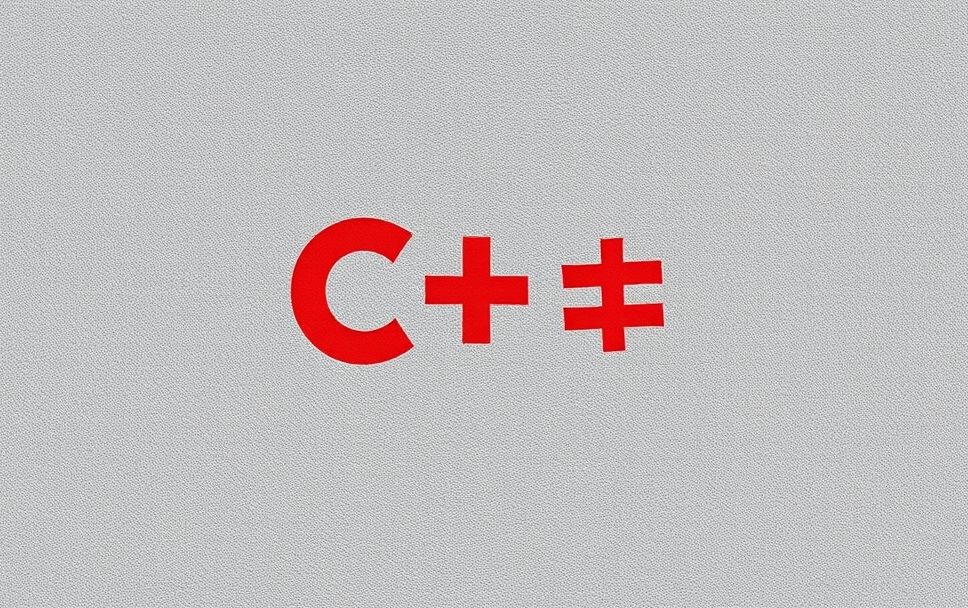Learn C++: The Definitive Glossary
C++ is a powerful programming language that has been widely used in software development since its inception. Whether you’re a seasoned programmer or just starting, understanding how to Learn C++ can significantly enhance your coding skills and career prospects.
What is C++?
C++ is an object-oriented programming (OOP) language developed by Bjarne Stroustrup at Bell Labs in the early 1980s. It is an extension of the C programming language and includes features like classes, inheritance, and polymorphism, enabling developers to create complex software systems efficiently.
Why Learn C++?
Learning C++ offers numerous benefits, including:
- Performance: C++ is known for its high performance due to its close-to-hardware programming capabilities.
- Control: It provides extensive control over system resources, making it ideal for system programming, game development, and real-time applications.
- Versatility: C++ is used in various application domains, including desktop applications, embedded systems, and large-scale software projects.
Fundamental Concepts of C++
To effectively Learn C++, it’s essential to grasp the following fundamental concepts:
- Variables and Data Types: Understand how to declare variables and utilize different data types such as integers, floats, and characters.
- Control Structures: Learn about conditionals (if-else statements) and loops (for, while) to control the flow of your programs.
- Functions: Functions are reusable blocks of code that perform specific tasks, enabling modular programming.
- Object-Oriented Programming: Dive into concepts like classes, objects, inheritance, and encapsulation that form the backbone of C++.
Practical Applications of C++
C++ is utilized in various industries and applications. Here are some practical use cases:
- Game Development: C++ is a preferred choice for developing high-performance games, thanks to its speed and efficiency. Popular game engines like Unreal Engine are built using C++.
- Embedded Systems: C++ is widely used in programming embedded systems, such as those found in automotive and consumer electronics.
- Web Browsers: Major web browsers like Chrome and Firefox use C++ for their core components because of its performance and resource management capabilities.
How to Get Started with Learning C++
Here are steps to help you effectively begin your journey to Learn C++:
- Choose a Learning Resource: Select from textbooks, online courses, or tutorials that cater to your learning style.
- Set Up Your Development Environment: Download a C++ compiler like GCC or use an IDE like Visual Studio or Code::Blocks.
- Practice Coding: Start with simple programs and gradually tackle more complex projects to build your skills.
- Join a Community: Engage with other learners and experienced programmers through forums and social media platforms to enhance your learning.
Related Concepts
When exploring C++, it’s beneficial to understand these related concepts:
- Data Structures: Knowledge of data structures like arrays, linked lists, and trees is crucial for effective programming.
- Algorithms: Familiarity with algorithms, such as sorting and searching, will help you write efficient C++ code.
- Software Development Life Cycle (SDLC): An understanding of the SDLC is essential for applying C++ in real-world projects.
Conclusion
Learning C++ is not just about mastering syntax; it’s about understanding how to leverage its powerful features to solve complex problems. By grasping the fundamental concepts and applying them in real-world scenarios, you can unlock a wide range of career opportunities in technology and development.
As you embark on your journey to Learn C++, remember that practice and engagement with the community are key to becoming proficient. Start coding today, and watch your skills flourish!









